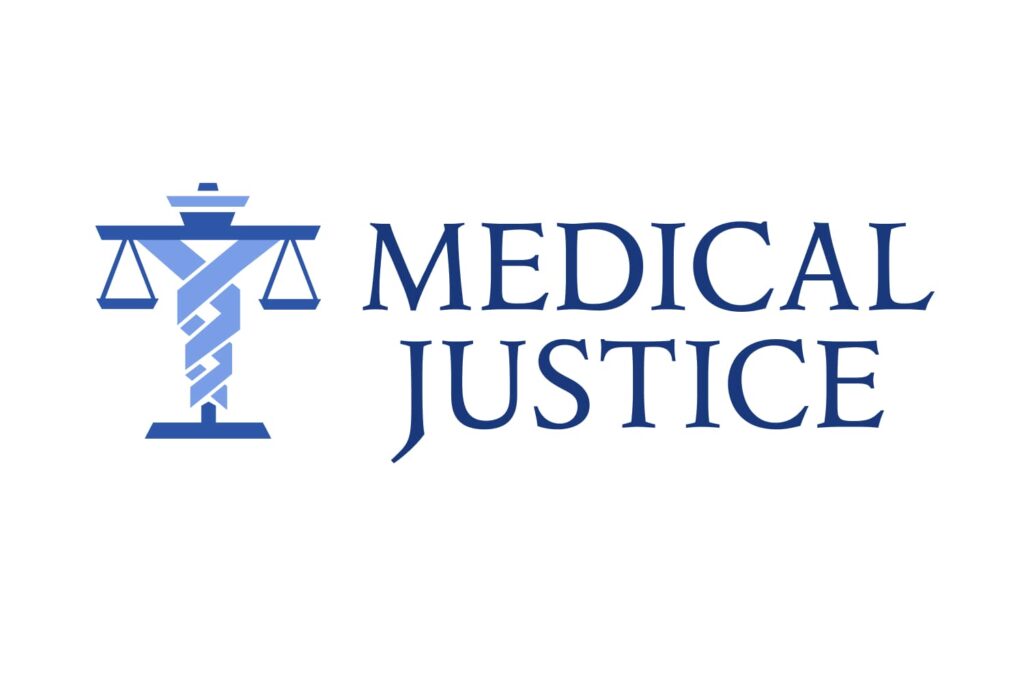Elon Law Review
2012, Spring
By: Jeffrey Segal, MD, JD, FACS, et al.and Michael Sacopulos, JD
What happens when a client – a defendant – threatens violence? The pressure of litigation can push a defendant over the edge. Even professionals, who are calm under pressure, lose their cool. Once an attorney believes his client might embrace violence as a means to an end, what obligations, if any, are triggered? And is the attorney liable for his client’s violence?
Imagine this scenario: A seasoned medical malpractice plaintiff’s attorney accepts a client presenting with a marginal professional liability case. This attorney generally screens cases carefully. This case is attractive because he calculates significant damages. His enthusiasm is tempered by paltry evidence of a breach of standard of care or causation. On balance, it’s a weak case. The plaintiff’s expert has shaky credentials, but is ready make the case for liability.
The defendant is a talented doctor, but emotionally volatile. He reacts to the summons with rage; smoke erupting from his ears. He cannot believe anyone would have the nerve to sue him. The case against him starts percolating through the legal system. The defendant’s rage builds.
The plaintiff’s attorney picks up on this volatility. He believes a jury might punish the doctor for his demeanor. His weak case just got stronger – a lot stronger.
The doctor defendant sends his defense attorney an email. He cannot believe his evolving litigation. Words such as “travesty, nightmare, horror, and injustice” are sprinkled throughout. He suggests that if he had a gun (which he does not) he might even kill the plaintiff’s attorney. The defense attorney is concerned, but does not believe anyone is in imminent danger. Yet.
A few months later, the plaintiff’s expert is deposed. The defendant takes his seat at the table, listening in silence for three hours. As the expert leaves, the defendant directs a verbal rant at the expert. The defendant then pushes him. No one is injured. But the expert is shaken up.
The defense attorney continues to have nagging doubts about the defendant’s emotional state. He questions the safety of the plaintiff’s attorney and/or expert. The defense attorney urges his client see a psychiatrist. This request falls on deaf ears.
Complete article – and legal analysis – continues in Elon Law Review, Spring, 2012. pp55-70.
Feeling the pressure? Learn how we can protect you…
We know your time is valuable. Spend a few minutes with us and discover how membership protects what’s important to good medical practice – and does away with what’s detrimental…
About Medical Justice

Medical Justice provides comprehensive support for challenges such as preventing frivolous lawsuits, addressing unwarranted refund demands, managing sham peer reviews, and safeguarding your online reputation. Our expert team assists with issues like defamatory reviews, medical board complaints, and notices of intent to sue.
We offer legal protection plans, online reputation management, and consultations for concerns that fall outside of membership coverage (such as board complaints, National Practitioner Data Bank reports, and negotiation on your behalf with patients seeking refunds), with suggested next steps to help you regain control. If you require more hands-on assistance, or if your need falls outside the scope of membership, we can often be engaged for further support. Contact us today to get started by scheduling a consultation with a member of our tea






